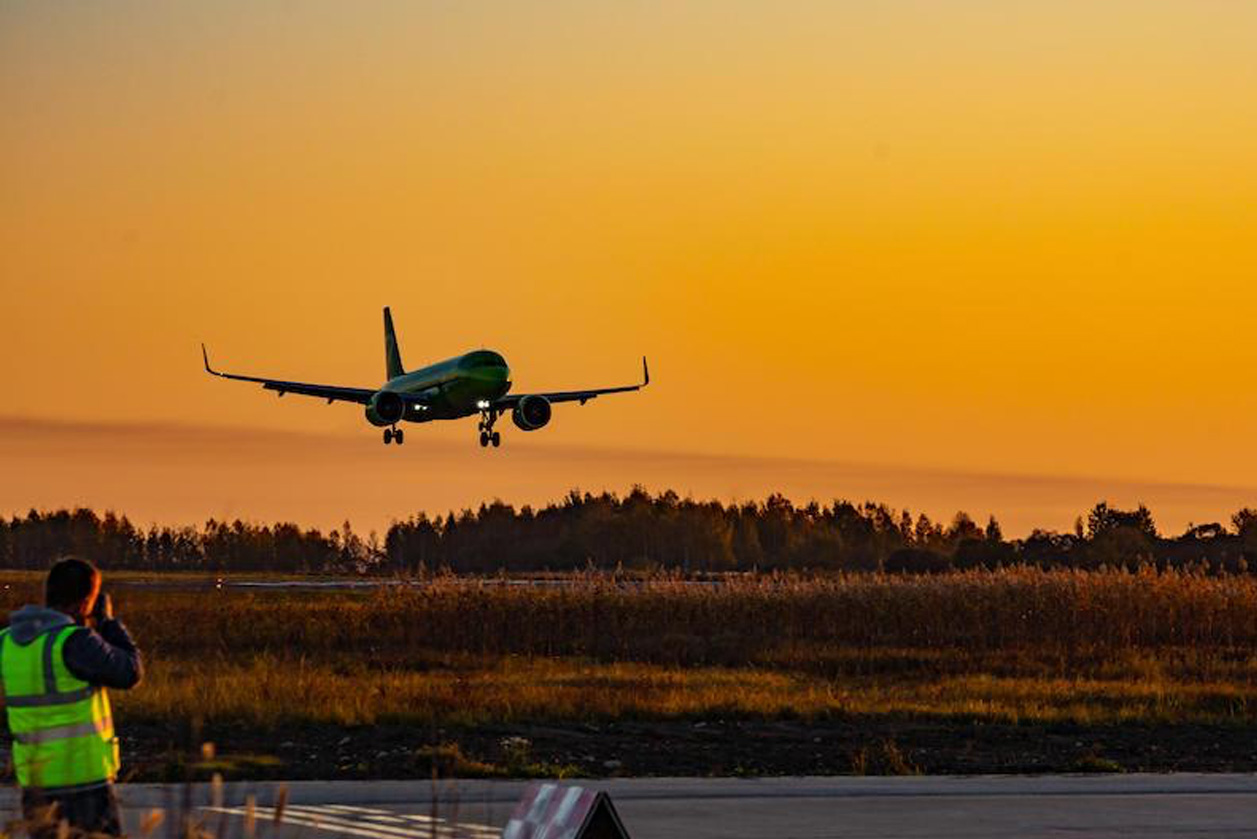More Engines Needed In Market To Prevent Capacity Shortfall, Says Engine Lease Exec
Quantity over quality of new-generation engines is now key to preventing the potential massive grounding situation facing the air transport industry.
The fleet reliability of the Pratt & Whitney PW1000G engines took centerstage at MRO Asia Pacific as the industry looks at ways to alleviate the issue.
Speaking at a panel at the Aviation Week MRO Asia-Pacific conference, Christopher Rodrigues—SMBC Aero Engine Lease senior vice president for Asia sales and marketing—said the short-term priority is to ensure engine quantity over quality. Airlines need the capacity, he said, and manufacturers will not be able to increase quality units for a few years. These new engines are to either replace those on grounded aircraft, or for undelivered aircraft.
With 65% of SMBC’s portfolio consisting of next-generation engines like the Leap 1 family and Pratt’s GTF, Rodrigues said the grounding of A320neos are driving engine leasing, with many airlines looking at long-term leases.
Airlines also need to consider being agnostic in terms of aircraft type, he added, and must be ready to operate and lease a new fleet or even consider widebody aircraft to overcome capacity shortages due to GTF-related groundings.
Francesco Baccarini, APAC area manager of SGI Aviation (Asia), added that the uncertain costs of engine maintenance are forcing airlines to rethink how they move forward with MRO engine contracts.
Older engines like the CFM-56-5B can fly for as much as 30,000-50,000 hr. before going for a shop visit, Baccarini said, but new modern engines will see two to three "very expensive" shop visits before reaching the same hours, eroding any savings made by fuel efficiency.


